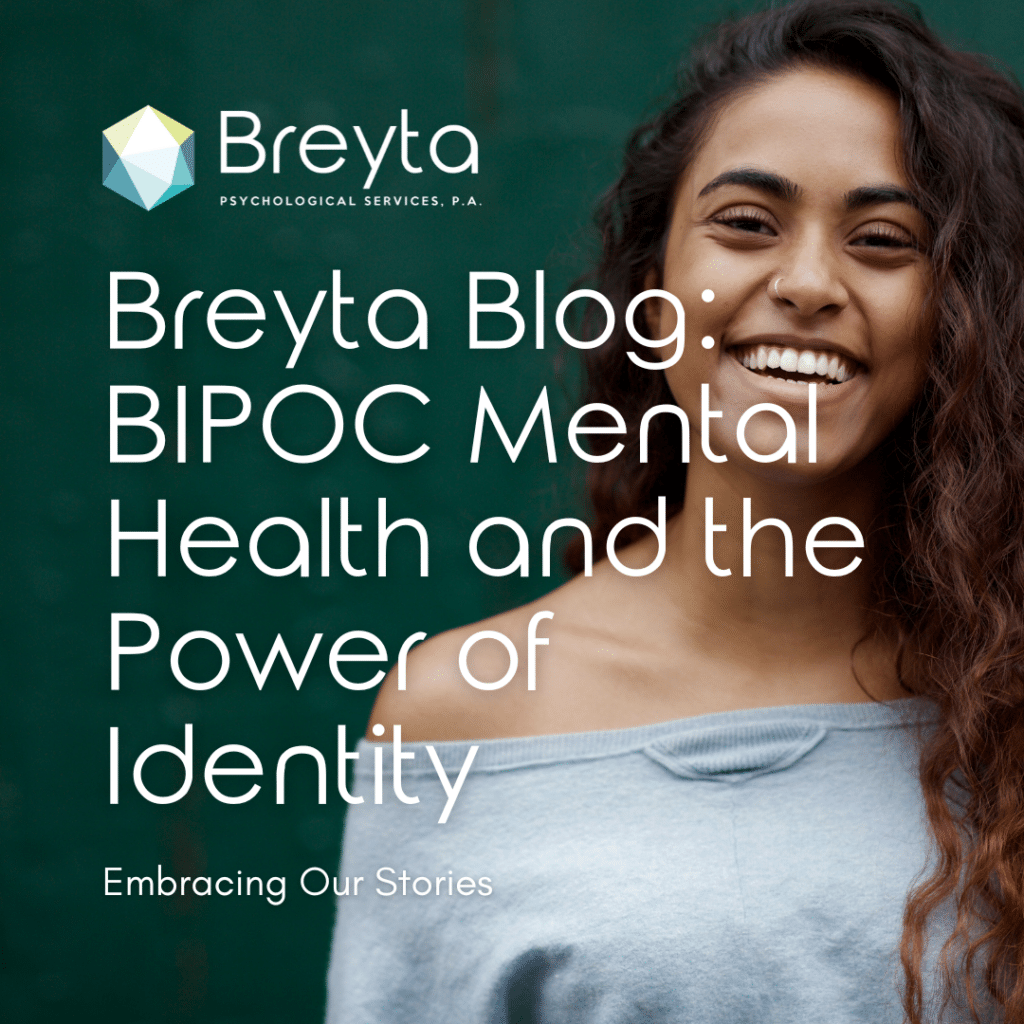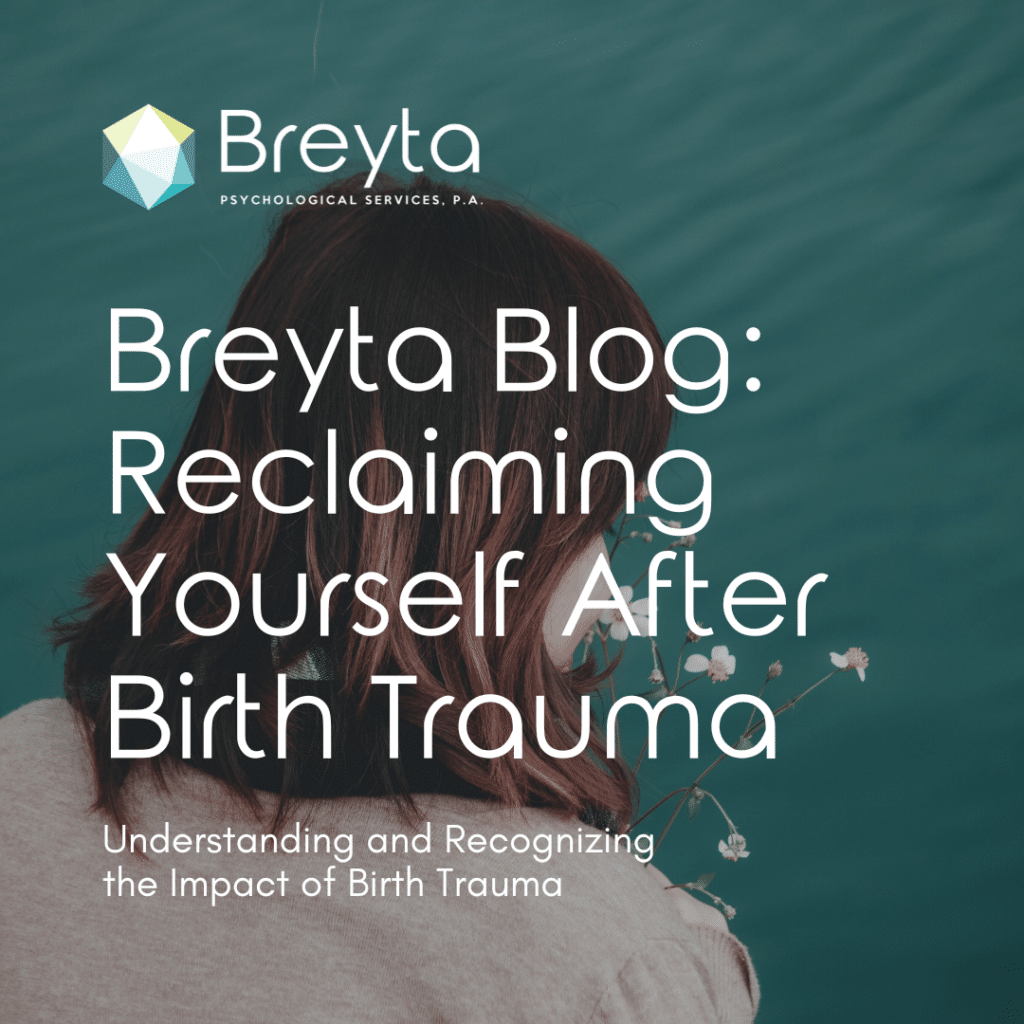
Mother’s Day is a holiday that has been celebrated for over a century in various forms, with the intent of honoring mother figures and recognizing the contributions they make every day. However, for some, Mother’s Day can bring up complicated emotions.
For many, motherhood is a joyful and fulfilling experience, filled with love and support from both family and community. It represents the bond between a mother and her child, and the sacrifices and hard work that mothers put in to raise their children.
Motherhood is Not a One-Size-Fits-All Experience
However, motherhood is not a one-size-fits-all experience. It can look different for everyone, depending on factors such as personal identity, cultural background, and life experiences. Even the phrase “motherhood” fails to be inclusive of individuals who are birthing people that do not identify as cis-gender females.
Some people may not have relationships with their mothers or may have lost their mothers, which can be a painful experience. For these individuals, Mother’s Day may bring up feelings of grief, sadness, or even anger. It’s important to acknowledge that not everyone has positive relationships with their mothers or that they may be navigating the loss of a mother figure.

Additionally, some people may be navigating decisions around parenthood, such as whether or not to have children. This decision can be complex and emotionally charged, and Mother’s Day may serve as a reminder of the societal pressure to become a mother.
Others may be struggling with fertility issues or perinatal mood disorders, such as postpartum depression, anxiety, or psychosis. These individuals may feel isolated and misunderstood, as their experiences are not always recognized or validated by society.
Still, others may have strained relationships with their own children, or may be grieving the loss of a child. These experiences can be incredibly painful and difficult to navigate, especially when society places such a strong emphasis on the joys of motherhood.
While Mother’s Day is a holiday with wonderful intent, it’s important to recognize that motherhood or parenthood is a multifaceted experience that looks different for each individual. It’s important to acknowledge and honor the experiences of all individuals, regardless of their relationship with motherhood.
Mother’s Day Is A Time For Self-Care
For those who are struggling on Mother’s Day, it’s important to prioritize self-care and reach out to supportive friends and family members. It’s okay to feel a range of emotions, and seeking out professional support, such as therapy or counseling, can be helpful in processing complex feelings.
While Mother’s Day is a holiday that celebrates the contributions and love of mother figures and birthing parents, it’s important to recognize the complex emotions and experiences that come with motherhood. By acknowledging and honoring the experiences of all individuals, we can create a more inclusive and compassionate society.
The holiday has a positive intent, but the emotions it brings up can be complicated; and you deserve to feel them all. We want you to know that we see you. It’s okay to not be okay, and it’s also okay to enjoy the day. For most, it’s a blend of both. Whatever your process is, hold space for yourself and ask yourself what you may require to get your needs met on that day. Better yet, let those around you know too if possible and ask for help if you need it.
If you’re going through any of these experiences, know that you are not alone. We’re here to help and walk with you through the difficult parts. There is another side and it can get better. You can feel like yourself again. Reach out to us today for more information about how evidence-based therapy can help you in these areas:
- PTSD treatment and trauma therapy related to birth trauma, abuse, childhood trauma, or complex trauma
- depression treatment or peripartum mood disorder treatment
- insomnia treatment and therapy for sleep problems
- anxiety therapy or panic therapy
- couples therapy or marriage counseling
- counseling for infertility
- therapy for grief and loss
- therapy for family-of-origin issues
- therapy for estrangement
- therapy for relationship problems
- therapy for exploring your identity
- therapy for parenting stress
- therapy for burnout
- self-care
- work-life balance
Contact our team of talented doctoral-level psychologists in Raleigh, NC for a complimentary consultation.





